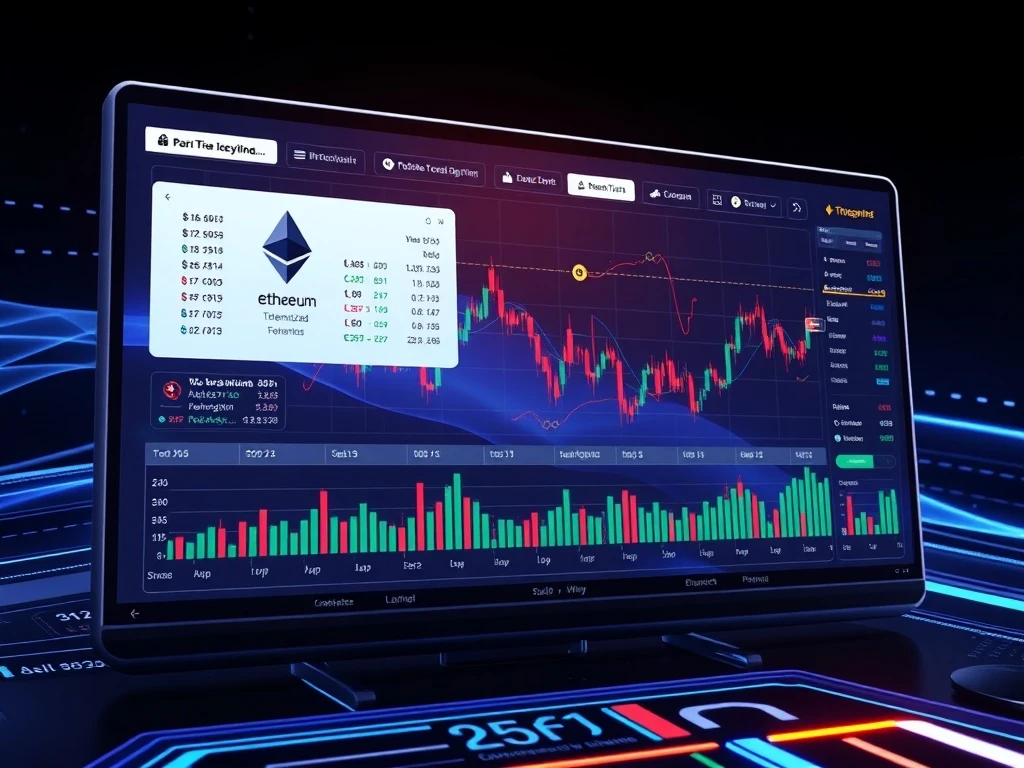Ethereum News: eToro’s Bold Move with Tokenized U.S. Equities and ETFs on Ethereum Sparks Market Excitement

In a groundbreaking move, eToro has announced the launch of tokenized U.S. equities, ETFs, and futures on the Ethereum blockchain. This Ethereum news highlights a significant step towards merging traditional finance with decentralized technologies, offering 24/5 trading access to global investors. But what does this mean for the future of finance?
Why eToro’s Tokenized Assets on Ethereum Matter
eToro’s initiative leverages Ethereum’s blockchain to tokenize popular U.S. equities like Apple, Tesla, and Nvidia as ERC-20 tokens. This innovation aims to:
- Enable fractional ownership and 24/5 trading.
- Streamline asset transfers using Ethereum’s DeFi ecosystem.
- Align with new regulatory frameworks like MiCA and the U.S. Genius Act.
Regulatory Clarity Paves the Way for Tokenization
Recent regulatory developments have provided much-needed clarity for tokenized assets. The EU’s MiCA framework and the U.S. Genius Act establish legal foundations, reducing risks for platforms like eToro. CEO Yoni Assia emphasized, “Blockchain technology will facilitate the greatest ever transfer of wealth,” pointing to stablecoins as a precedent for 24/7 transferability.
Challenges and Market Reactions
Despite the optimism, challenges remain:
- Regulatory hurdles and compliance risks.
- Ethereum’s scalability and smart contract vulnerabilities.
- Mixed market reactions, with Ethereum’s price dipping post-announcement.
The Future of Tokenized Trading
eToro’s strategy could revolutionize how assets are traded, but success depends on broader adoption and regulatory stability. Will traditional finance embrace this shift, or will hurdles slow progress?
FAQs
1. What are tokenized assets?
Tokenized assets are digital representations of real-world assets (like stocks or ETFs) on a blockchain, enabling easier transfer and fractional ownership.
2. How does eToro’s launch benefit investors?
It offers 24/5 trading, fractional ownership, and access to global markets without traditional limitations.
3. What regulatory frameworks support tokenized assets?
The EU’s MiCA and the U.S. Genius Act provide legal clarity for tokenized trading.
4. Are there risks to tokenized assets?
Yes, including regulatory uncertainty, smart contract vulnerabilities, and market volatility.









